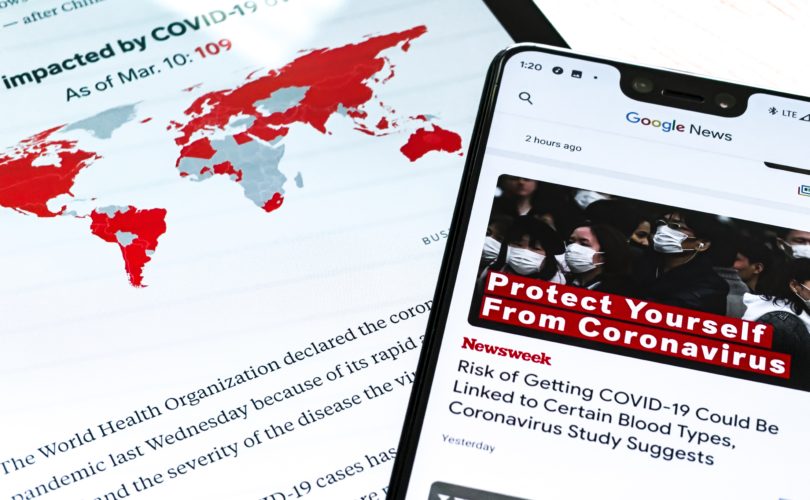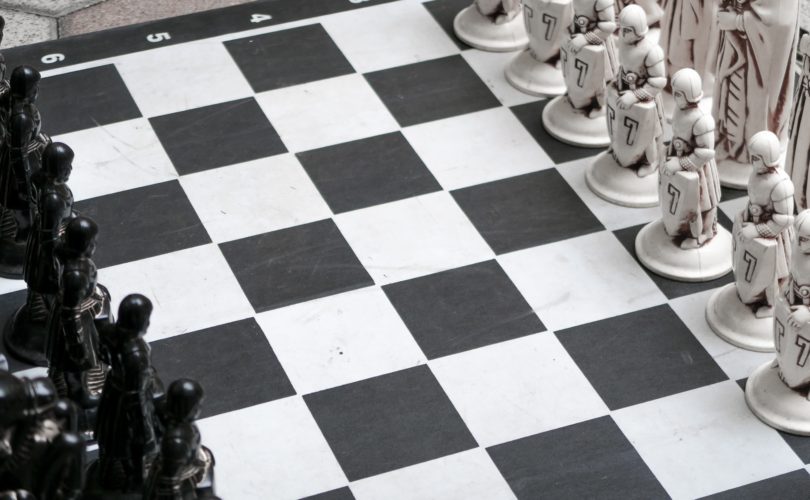On Saturday July 13th, former president Trump was shot at by a man who managed to get within 150 meters or so of the former president with an AR style rifle. The former president was lucky and, with a fateful head turn, came away with his life and a grazed ear. I’m sure there will be a lot of discussion over the next few weeks as more information emerges as well as over the course of the election season. There is one thing that Trump’s assassination attempt makes clear right out of the gate though: we have some collective soul searching to do.
Revisiting Polarization
I’ve written on this before and am certainly not the only one to discuss it, especially from a mental health perspective. Polarization is a problem that has become all but ubiquitous in our culture. That mind which sees things only from a rigid and narrow point of view to the exclusion of all other points of view, is a dangerous thing for both individuals and society. Sadly, it’s become increasingly common in our culture.
Some of this has to do with our ability, conscious or not, to create echo chambers for ourselves. Curated feeds and groups of like minds and information that fits neatly within our already established beliefs and worldview haven’t done us any favors. Personally, I think there’s an element of self perpetuation and momentum here as well. When we’re told that we’re somebody’s “other” and that it’s them vs us, we tend to respond in kind. I’ve met a LOT of people who would tell you that America is more polarized than ever. I’ve met none who believe they’ve become more polarized.
I’ll write more on this in a future post, but I really believe that one of the keys to our society de-polarizing is us as individuals recognizing it in ourselves and actively working against it. We all see it, we all agree it’s bad. And when polarization meets our proclivity towards violence, it goes badly.
Lesson from an outsider’s critique
At one point, while I was stationed in Germany, I was sitting around with a few folks at the on base mechanic’s shop where one member of our motley crew of friends worked. It was a mixed group of service members and civilians, Germans and Americans, and the topic of culture came up. One woman, a local and the girlfriend of one of the other guys who worked on base chimed in about American culture being violent and I objected. Someone made an obligatory ‘I guess Germans would know about violent cultures’ joke and we laughed but she continued:
“you see one boob on a screen or out in public and you all lose your minds. I mean, it’s literally how you were fed when you were born for crying out loud and it’s just natural.” She did have a point about our inconsistency with how we view and treat bodies, especially women’s. “…but you watch videos of people getting killed or buildings exploding on TV and in video games and it’s nothing”
…she’s right though
I wrote her off as someone overly sensitive, perhaps because of the lingering cultural memory of Germany in the early and mid twentieth century. When I returned home though, the memory of that conversation would come to mind with increasing frequency. It’s one of those phenomena that once in your awareness, cannot be “unseen” so to speak.
Certainly in the rise of public mass shootings in the past several decades we can see violence, but I started to see it in subtler places as well. Often it was in the language that people would use to describe those with whom they had differences politically or socially. I would hear people use violent language in contexts that really had no call for it.
I served on active duty in the Army for 15 years and in the Reserve for another six. I’ve deployed to Afghanistan, Iraq, and the Philippines. I am unfortunately aware that for the 1% of our population who are military or law enforcement, whose job is keeping the rest safe, violence is an unavoidable reality. What about the other 99% of us though (myself now included)? Why are we, who are provided with so much safety and freedom at the sacrifice of others, so comfortable with unnecessary violence?
Some of it may be desensitization. Perhaps most of us being so far removed from the realities of regular and unavoidable violence has left us disconnected from its impact. Maybe it’s got its roots in gun culture. Perhaps history, the social roles and figures that we esteem, toxic masculinity, or even geography play a role. Whatever the reason, we’re currently standing at the intersection of polarization and violence. And on July 13th it came for Donald Trump.
Who are we?
Trump’s assassination attempt has left us with an opportunity to slow down and reevaluate. Most people I talk to would identify polarization in our culture and the animosity between people of varying sociopolitical backgrounds as problems. But as long as it remains a problem “out there” to be fixed by someone else, we’ll do little more that tsk at the TV and quietly participate in the problem. We have an opportunity to become different, better. Let’s not pass this up.


